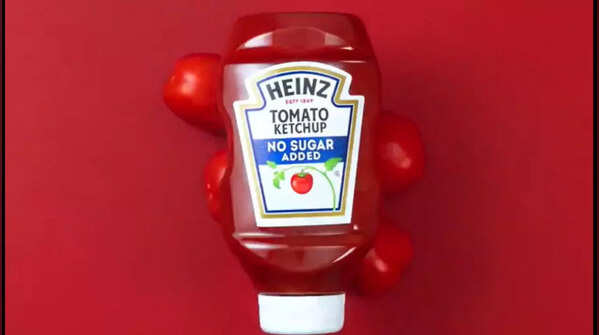
1/12
10 American foods that are banned in other countries
The world follows America's lead in almost all areas of life. From automobiles to political policies, mostly what is created in America is bought or copied by other countries around the world. The same goes for a variety of American foods that form the basis of culinary start-ups in many countries around the globe. While mostly the world is looking up to America, did you know that there are certain American food items that are looked down upon by the rest of the world so much so that they are banned? These are 10 American foods that are banned in other countries.
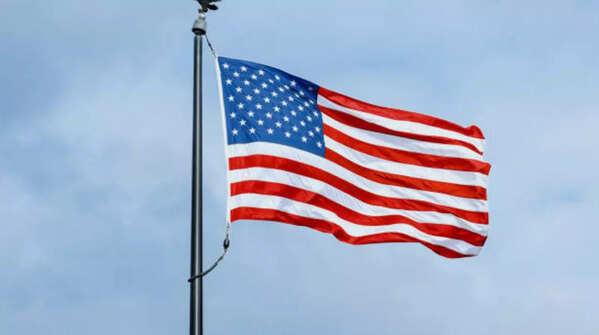
2/12
Why is American food banned in other countries?
While the entire world has jumped on the fast food train, in the driver's seat is the American community that binges on junk food and carbonated drinks, making it the most obese nation in the world. According to a study by the Harvard TH Chan School of Health, nearly half of the US population will be obese by 2030. This is because most of the food items consumed by Americans contain additives that are harmful to the body, and thus these food items are banned in most countries.
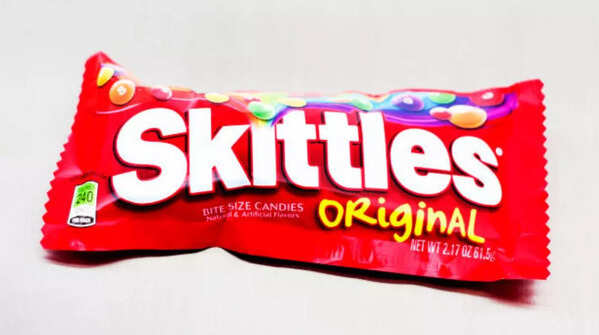
3/12
Skittles
Skittles are the favourite candies of many children. These candies make it to birthday parties, piñata stuffing and even Halloween treats. However, these sweet and tangy candies are banned in European countries due to their use of a chemical called titanium dioxide that can damage the DNA over time, also causing cancer. Additionally, Norway and Sweden have banned the candies for their use of dyes such as yellow 5 and yellow 6 that have been linked to hyperactivity and even carcinogenic effects in animal studies.
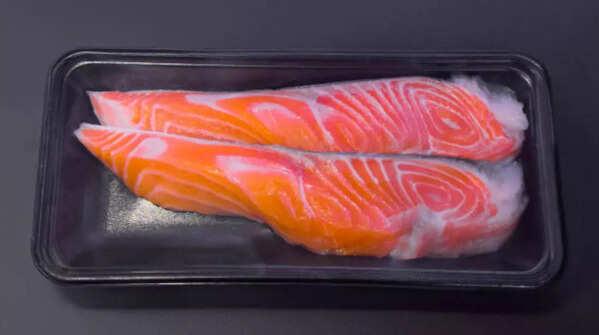
4/12
Farmed Salmon
A lot of American cooking shows always have a plate of beautifully cooked pink salmon that waters the mouth with its appealing plating. But did you know that the food item is banned in countries like Australia and New Zealand as it contains astaxanthin, a synthetic chemical that gives the fish that supple pink colour. While astaxanthin is known for benefits such as antioxidants and protection from cell damage, it also causes low blood pressure and is harmful for patients already on drugs.
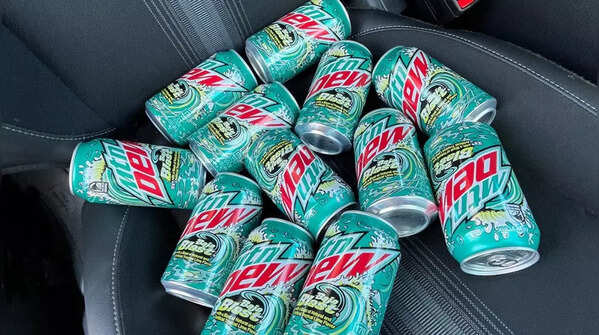
5/12
Mountain Dew
Mountain Dew, which is a popular drink in many countries, including America, is banned by European countries and Japan. This is because the drink contains Brominated Vegetable Oil (BVO), which has been related to health concerns such as memory and skin issues. Also, the drink's unique colour is derived from a dye called Yellow 5, which is linked to hyperactivity in children.
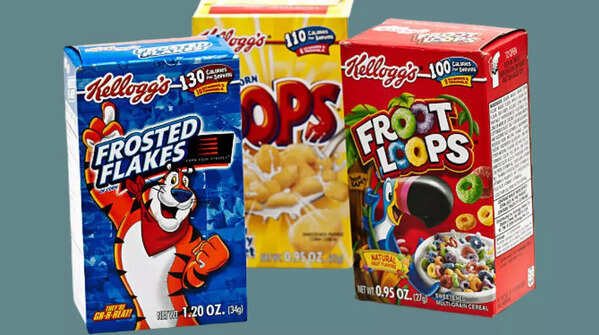
6/12
Breakfast Cereals
The US has a large variety of frosted flakes or breakfast cereals that come in different shapes, sizes, colours and flavours. But these sweet treats are banned in Europe and Japan because they contain Butylated Hydroxytoluene (BHT), which is an additive used as a preservative to increase their shelf life. According to a study published in the National Library of Medicine, the additive is known to produce tumour-promoting effects, increased liver weight and decreased activity of hepatic enzymes.
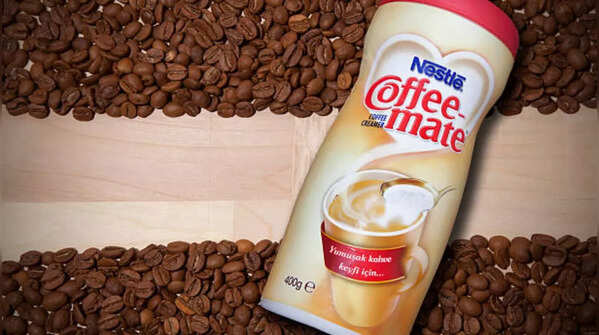
7/12
Coffee Mate Creamer
Coffee creamers are one of the many things that people addicted to these refreshing drinks are excited about. However, the coffee mate creamer that is popular in the US is banned in Europe as it is made with partially hydrogenated cottonseed oil, a trans fat that increases the risk of cardiovascular diseases and diabetes.

8/12
American Beef
While not a complete ban, American beef faces restrictions in countries such as the UK and Europe due to the use of chlorine washing and growth hormones in American cattle. These growth hormones include ractopamine, which, according to a study published in the National Library of Medicine, is known to enhance tumour growth.
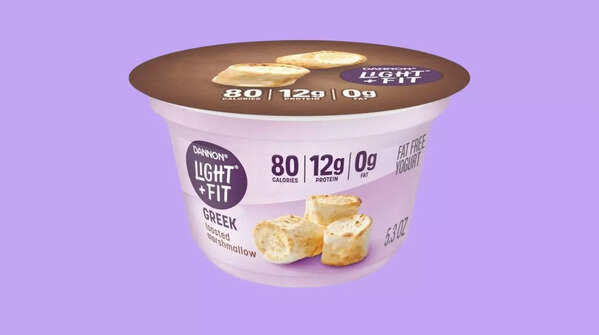
9/12
Yogurt
While not all American yogurts, but some that contain artificial sweeteners are banned in France. Aspartame is an artificial sweetener created to replace sucrose, and it is added to yogurts. It has adverse metabolic effects and is also known to increase obesity levels and affect glucose and insulin intolerance, as mentioned in a study published in the National Library of Medicine.
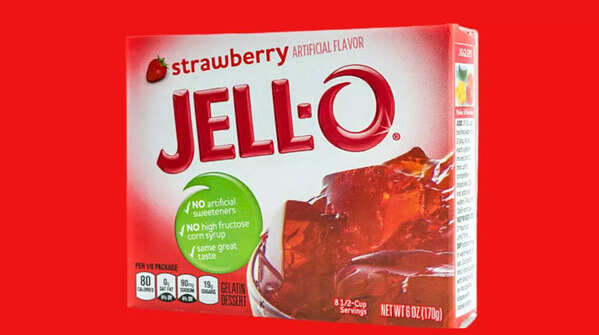
10/12
Jell-O and other gelatin items
These gelatin-based products contain artificial dyes such as Yellow 5 and Red 40, which are linked to hyperactivity in children and potential carcinogenic effects. These colours require warning levels or are banned in European countries, Norway, and Austria.
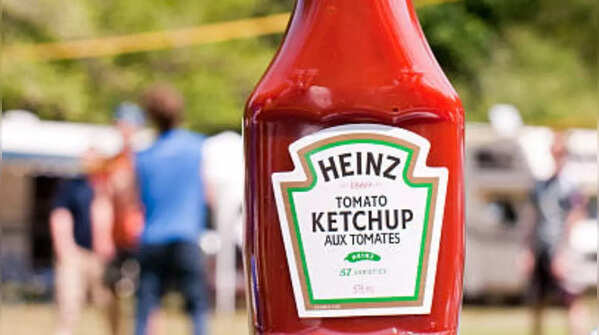
11/12
Ketchup
While not all American ketchups face bans in other countries, those containing high-fructose corn syrup are linked to obesity and diabetes and thus limited in many European countries.
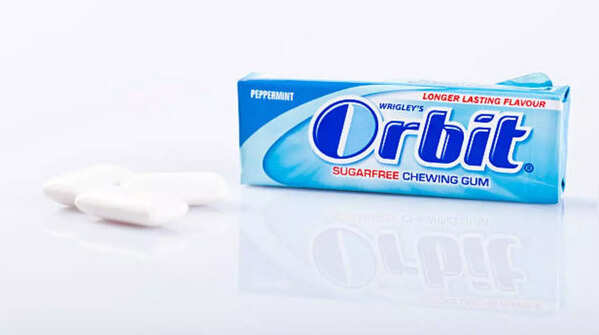
12/12
Chewing Gum
Some American chewing gums contain an additive, Butylated Hydroxyanisole (BHA), which is used to prevent spoilage and rancidity. The additive is known to be a carcinogen, as mentioned in a study published in the National Library of Medicine, and thus chewing gums containing it are banned in European countries, Japan and Singapore.
Follow Us On Social Media

 10 hours ago
52
10 hours ago
52




























 English (US)
English (US)